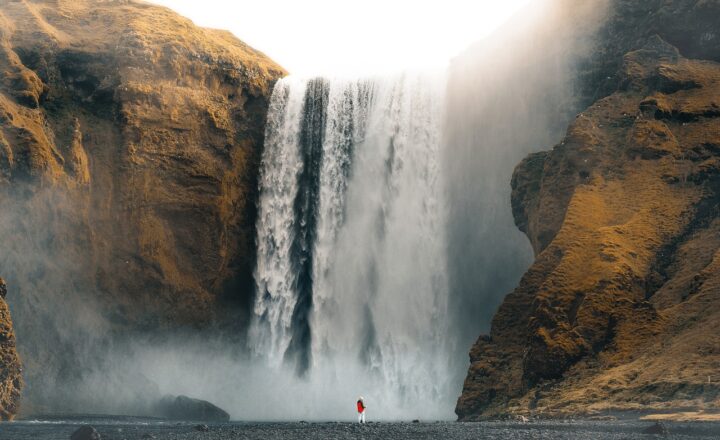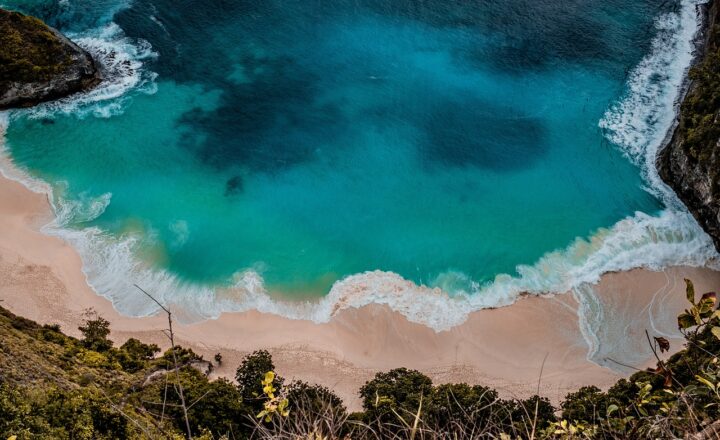The Travelers Who Changed History by Exploring the World’s Most Remote Islands
November 17, 2024

Exploration has always been a driving force in the advancement of human civilization. Throughout history, travelers have set out to discover remote islands, uncover their secrets, and alter the course of history through their encounters. While some islands are well-known tourist destinations today, their pasts are often shrouded in stories of adventure, hardship, and monumental discoveries.
1. The Age of Discovery: Setting Sail into the Unknown
The Age of Discovery, spanning from the 15th to the 17th centuries, was a time of unprecedented exploration, driven by the thirst for knowledge, wealth, and power. During this era, adventurers sailed across uncharted oceans and ventured to some of the most remote islands on the planet, leaving their marks on history.
These explorers were often fueled by dreams of golden fortunes and the desire to bring their homeland’s influence to new lands. Their journeys not only enhanced geographical knowledge but also led to significant social, economic, and political changes worldwide.
Among the most celebrated explorers of this era is Ferdinand Magellan, whose expedition led to the first circumnavigation of the Earth. It revealed the existence of the Pacific Islands, dramatically altering European understanding of world geography.
2. Polynesian Navigators: Masters of the Ocean
Long before European explorers took to the seas, Polynesian navigators were making remarkable voyages across the vast Pacific Ocean. Using intricate knowledge of the stars, ocean currents, and wind patterns, these ancient seafarers journeyed to some of the world’s most isolated islands, such as Hawaii, Easter Island, and the Marquesas.
The Polynesians relied on oral traditions for navigation. Their explorations expanded their territories and established rich cultural exchanges, leading to the unique societies that still exist on these islands today.
Their navigational prowess demonstrates how indigenous cultures shaped global history through exploration, significantly impacting trade and cultural diversity in the Pacific region.
3. Captain James Cook: Charting the Unchartered
Captain James Cook is often hailed as one of the greatest explorers in history. Between 1768 and 1779, he made three significant voyages across the Pacific, mapping thousands of miles of coastline. His journals contain detailed observations of flora, fauna, and the indigenous cultures he encountered on remote islands such as Tahiti and New Zealand.
Cook’s travels were crucial in extending European knowledge of the Pacific, establishing trade routes, and paving the way for subsequent colonization efforts. However, his encounters with native populations often led to complex relationships, resulting in both conflict and cultural exchange.
The impact of Cook’s explorations resulted in a transformative era for many indigenous societies, shaping their futures in dramatic ways.
4. The Bounty: Mutiny on the High Seas
The story of the HMS Bounty is one of the most famous maritime adventures that revolve around exploration, adventure, and mutiny. In 1787, William Bligh set sail to transport breadfruit plants from Tahiti to the West Indies, believing they would serve as a nutritious food source for enslaved populations.
After a mutiny led by Fletcher Christian, the Bounty became famous not just for its journey but for the rebellion that followed. The story is a complex tale of adventure, desire, and the clash of cultures, leading to eternal stories about loyalty and betrayal.
This incident had lasting effects, as it led to the settlement of the Pitcairn Islands, where the mutineers established a new life, contributing to the island’s rich history.
5. Charles Darwin and the Galápagos Islands: Evolutionary Insights
The Galápagos Islands, located 600 miles off the coast of Ecuador, are a true testament to the impact of exploration on scientific understanding. In 1835, naturalist Charles Darwin arrived here aboard the HMS Beagle. His observations of the unique wildlife, such as finches and tortoises, led to groundbreaking theories about evolution and natural selection.
Darwin’s findings from his time on the Galápagos Mountains challenged established scientific beliefs and forever changed the study of biology. His work remains crucial to understanding the process of evolution, influencing countless fields from genetics to ecology.
The legacy of Darwin’s explorations in the Galápagos continues to impact conservation and environmental awareness today.
6. Conclusion: The Ongoing Impact of Island Explorers
The travelers who braved oceans to uncover the secrets of remote islands have made indelible marks on history. Their stories encompass adventure, exploration, cultural exchange, and science.
As we look back at their journeys, we recognize how exploration has shaped human history, forged connections across cultures, and expanded our understanding of the world. Today, as we venture into an age of technology and global connectivity, the spirit of exploration continues to thrive, urging us to see beyond our horizons. Whether through environmental stewardship, travel, or academic pursuits, the legacy of those intrepid travelers inspires us to explore the world anew.
By reflecting on the past, we can gather lessons from these remarkable explorers and cultivate a deeper appreciation for the diverse cultures and environments that continue to enrich our global society.







